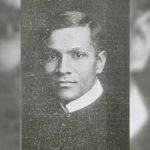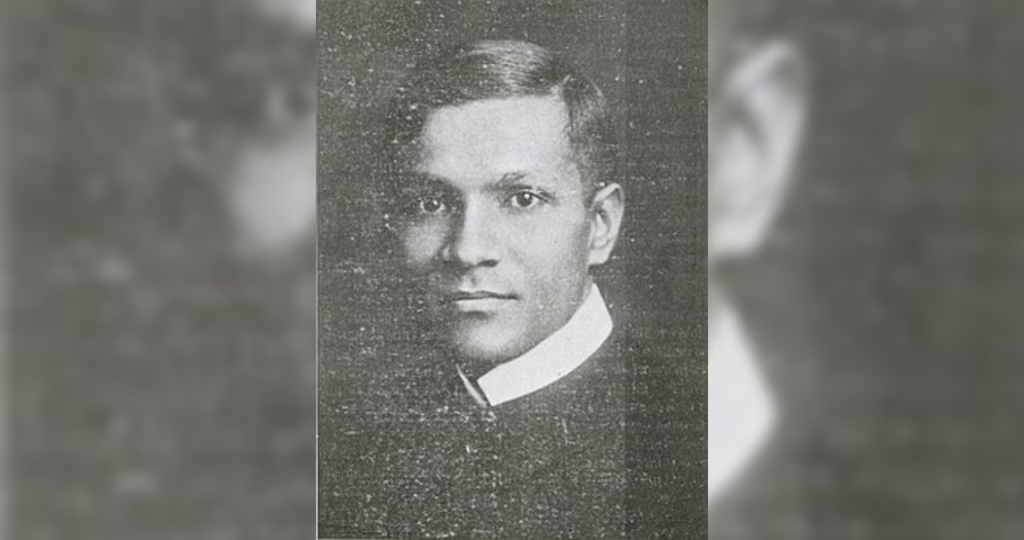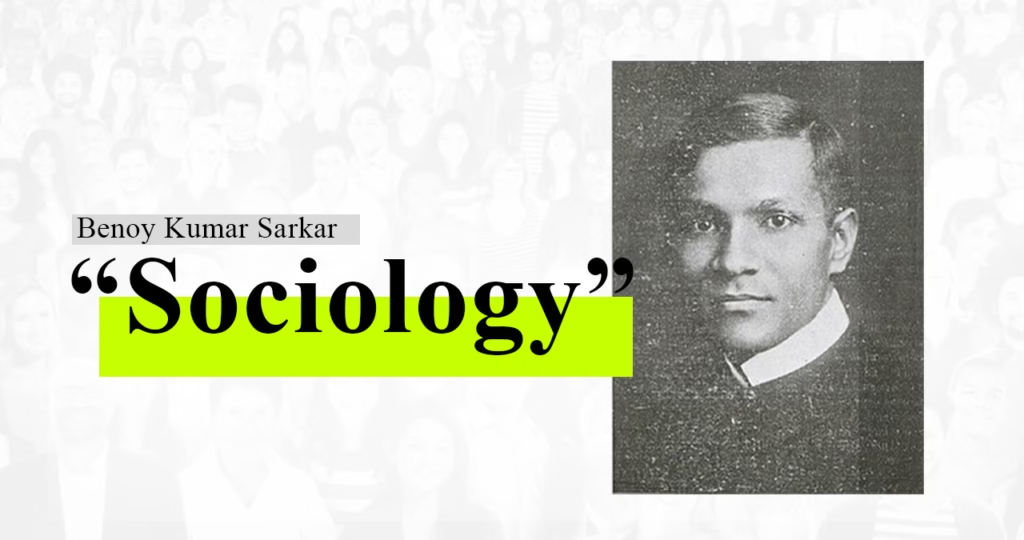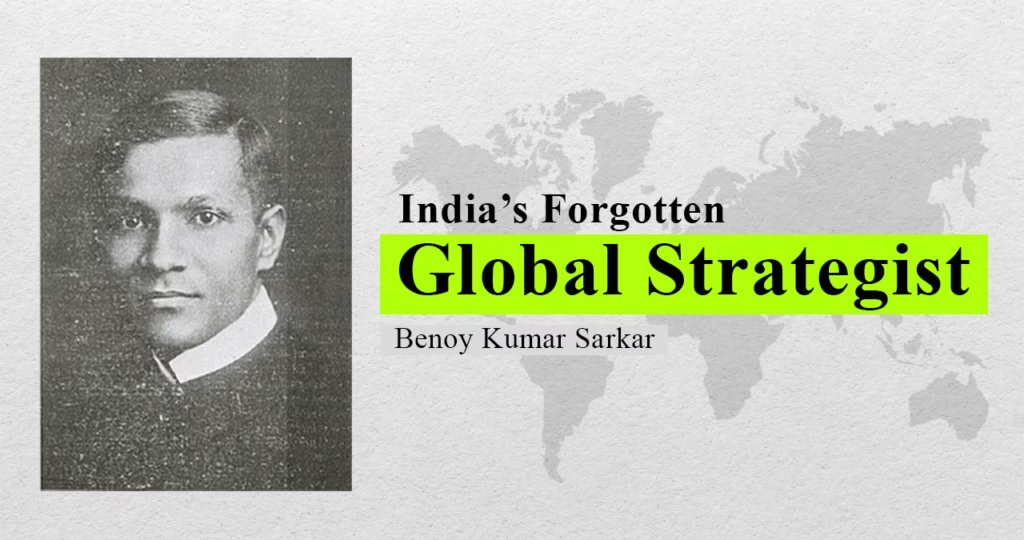During the early 20th century, India witnessed a wave of anti-British sentiment following the Partition of Bengal in 1905. In the heart of this resistance, Benoy Kumar Sarkar emerged as a leading voice for national self-reliance. Hailing from Malda, his mission was clear: to fight colonial rule through the power of education. This blog explores how the Benoy Kumar Sarkar Swadeshi movement connection transformed Malda’s cultural and academic identity.
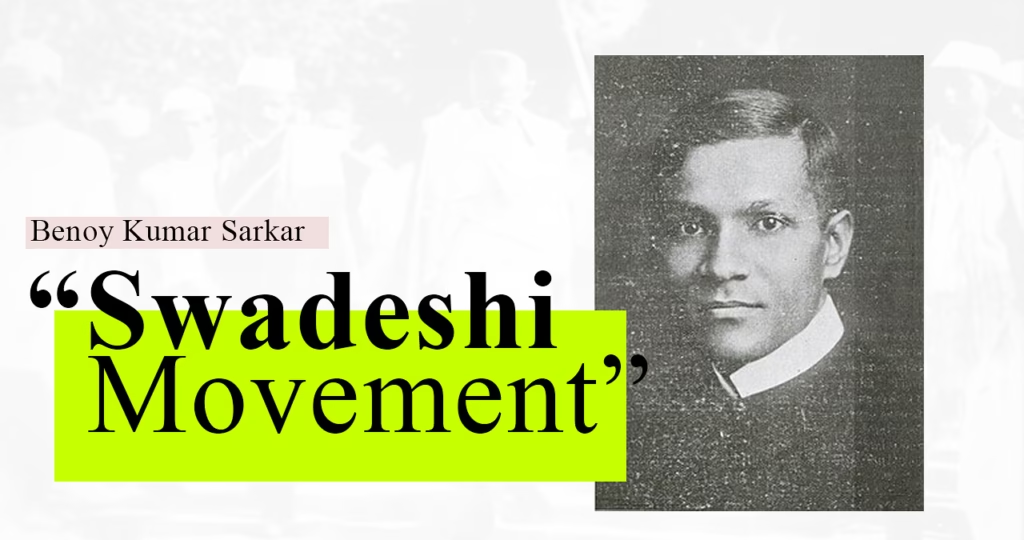
The Swadeshi movement (1905–1911) aimed to boycott British goods and institutions and promote indigenous alternatives. While many leaders focused on politics and protest, Benoy Kumar Sarkar chose a deeper, long-term weapon: national education.
In his home district of Malda, Sarkar noticed the lack of meaningful educational infrastructure for Indian youth. British schools prioritized loyalty to the crown and the English language, suppressing Indian heritage and history.
In 1907, Sarkar co-founded the Malda Jatiya Shiksha Samiti, an education council designed to establish national schools that reflected Indian values, culture, and pride. Through this initiative, Sarkar and his peers created several Jatiya (national) schools in and around Malda district.
These schools:
- Replaced English-centric curriculum with Bengali and Sanskrit-based syllabi
- Taught Indian history, philosophy, and patriotism instead of colonial narratives
- Focused on moral and cultural development, inspired by thinkers like Swami Vivekananda
He also authored textbooks like “Prachin Griher Jatiya Siksha”, which were used to teach Indian sociology and history in a language accessible to rural students.
Sarkar’s commitment came at a personal cost. He refused a British government scholarship and declined a Deputy Magistrate post — positions most students of his caliber would have accepted. Instead, he devoted his youth and intellect to the Swadeshi cause in Malda.
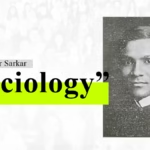 Benoy Kumar Sarkar and the Birth of Indian Sociology in 1914. →
Benoy Kumar Sarkar and the Birth of Indian Sociology in 1914. →His decision inspired many other young Bengalis in the region. Schools in English Bazar, Kaliachak, and other parts of Malda soon adopted similar Swadeshi models, making the district a hub of educational nationalism.
Apart from textbooks and schools, Sarkar held regular public meetings to educate both students and parents on the goals of Swadeshi education. He believed that mental decolonization was as important as political freedom.
He often said that “freedom will come not through the sword, but through the chalk.” His words echoed throughout the district, and Malda became one of the lesser-known yet powerful centers of cultural resistance in Bengal.
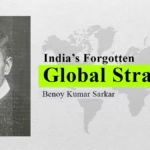 India’s Forgotten Global Strategist: Benoy Kumar Sarkar’s Hindu Theory of International relations in 1919. →
India’s Forgotten Global Strategist: Benoy Kumar Sarkar’s Hindu Theory of International relations in 1919. →Unlike many nationalist leaders who returned to political activism after the Swadeshi movement, Benoy Kumar Sarkar never left education behind. Even as he went on to teach at the University of Calcutta and lecture across the world, he continued writing for schoolchildren and advocating for culturally rooted education.
In fact, many of his later books and theories in sociology were based on the ground realities and cultural experiences he had while working in Malda during the Swadeshi period.
The Benoy Kumar Sarkar Swadeshi movement legacy in Malda is more than history — it’s a lesson. It reminds us that education is a silent revolution, one that can free minds long before nations are politically independent.
Through his tireless efforts, Benoy Kumar Sarkar proved that even a small town like Malda could produce world-class thinkers and national leaders. His educational activism is a proud chapter not just in Bengal’s story, but in India’s struggle for true intellectual independence.
Also Read: Benoy Kumar Sarkar: The Genius From Malda Who Topped Calcutta University at 13.

